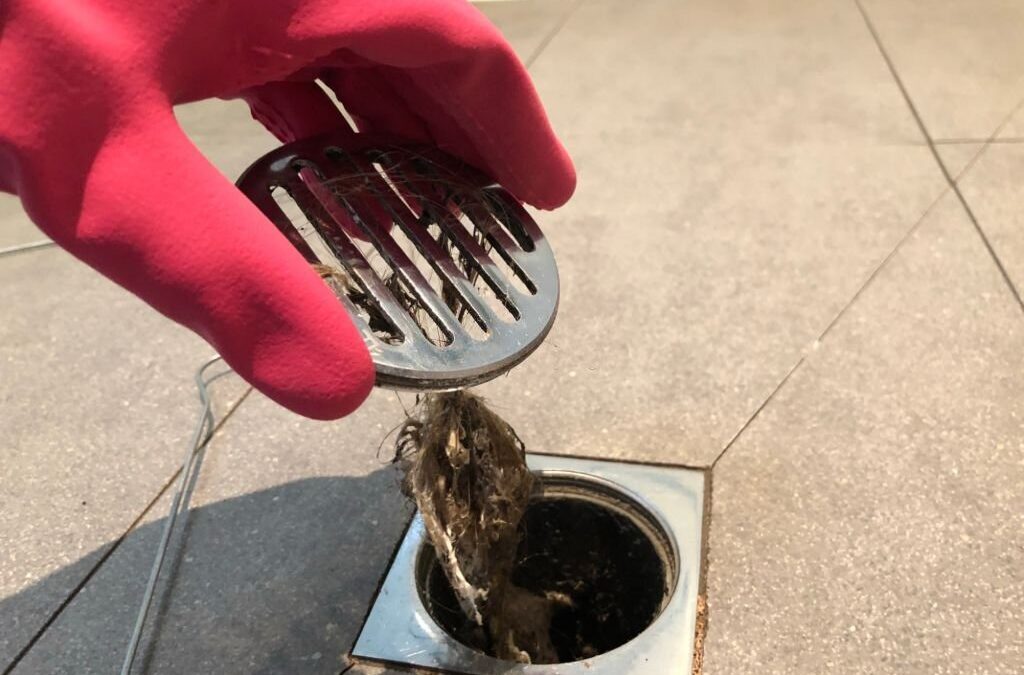Blocked drains and pipes can lead to unwelcome sewer flooding in and around your home. Swift action is vital to clear the blockage and prevent any further complications.
In most cases, drains and sewers responsible solely for your household waste are considered private, and the onus of clearing them falls on you as the homeowner. However, shared drains and sewers are typically our responsibility, though some exceptions may apply. If you’re uncertain about who should take care of the issue, you can find guidance in our informative video on sewer pipe responsibility.
For those still seeking clarity, don’t hesitate to contact us at 01202 738301, where our team will provide valuable advice on the next steps to address the problem.
Discovered a blocked drain or sewer on your property?
If it’s a private drain, you can unblock it using readily available unblocking liquids from supermarkets. Maintaining a regular cleaning routine for your sink, toilet, shower, and bath can also help prevent the build-up of blockages. Alternatively, consider enlisting the services of an approved plumber or a drainage company to investigate and resolve the issue.
What if the blockage occurs within a public sewer?
Please inform us immediately by calling 01202 738301 so that we can promptly address and rectify the problem. Our aim is to arrive at blocked sewers within four hours of notification.
What are the common causes of blocked pipes and drains?
One of the primary culprits for blockages is wet wipes that find their way into the toilet and are flushed down. These wipes contain plastic and do not disintegrate like toilet paper. Additionally, pouring cooking oils and fats down the sink can lead to the accumulation of sticky deposits inside the pipes. The more you pour down the drain, the more these substances build up.
How can you prevent blocked pipes and drains?
Here are some straightforward preventive measures to safeguard your pipes and drains:
Only flush toilet paper, urine, and feces down the toilet. Dispose of everything else in the bin.
Place a dedicated bin in your bathroom for various items like wet wipes, sanitary products, nappies, and cotton buds. Only use wipes labelled as “Fine 2 Flush” on the packaging, as they are safe to flush.
Allow cooking oils and fats to cool, and scrape them off pots, pans, and plates into the bin before washing.


